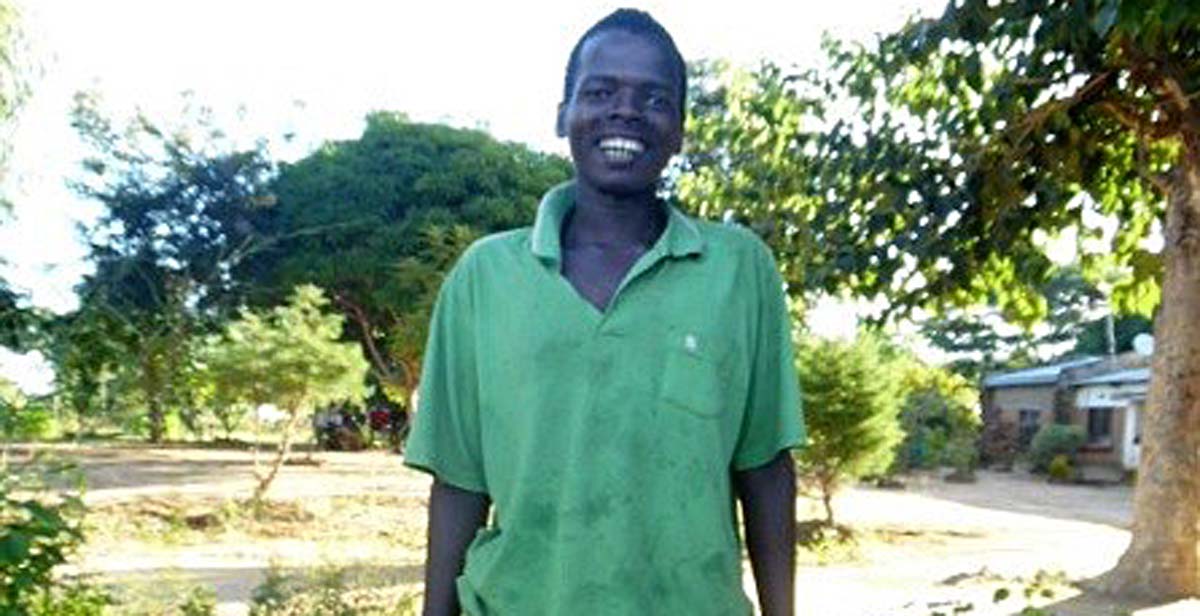We find shade from the sun on the steps of the Chituka youth club (Nkhata Bay District, Malawi) and take a seat. He looks at me gleefully and tells me his name is Douglas Banda. He is 19, a carpenter, and an example of what community-based education can achieve. His account is as follows…
The youth (in this community) do not play a large enough role. That is why the workshops Youth Net and Counselling (YONECO) offered appealed to me. They educated me on issues affecting my own and the lives around me that were considered taboo, like sexual and reproductive health and the use of contraceptives. These workshops provided the tools to improve lives as I was able to educate others on what I had learnt. One such example of a person I have helped is Mary (not the real name), my niece.
Mary was born with HIV. Her father infected her mother during early pregnancy. Both parents died shortly after she was born, leaving her an orphan. She currently lives with my mother and studies, with the hope of becoming a lawyer when she is older. Mary has had a hard life. Living with HIV meant she went through many ordeals. She was not taught to understand the disease or how to live with it, therefore believing some misconceptions surrounding the disease. Living with HIV is hard in rural communities. A lack of education causes some to mock those with HIV, thinking of them as sexual deviants and treating those with the disease as if they were already dead, as they believe those infected will eventually wither away.

These misconceptions have had a very real impact on those living with the disease, causing many of those infected to feel isolated and become reclusive. The sessions have been good in teaching the facts on HIV, especially in understanding its destructive nature, which has reinforced the ideas of safe sexual practises, like the use of condoms. However, the sessions also taught that HIV is not as contagious as most would believe, and how liveable the disease was with the taking of ARV medication. This is the information I passed onto my niece, Mary.
With Mary now regularly taking her ARV medication, she has stayed healthy and become much more confident in herself and her ability to make friends. Witnessing a change like this in a person proves that the youth can have an impact and that change can occur. However, there is still a lot to improve on. Misinformation purges rural towns. People here are often uneducated on matters like HIV and it is seen in the way they treat those infected. Civic education to such communities, especially in regards to HIV, should be a priority for NGO’s and government aid. That said, those with HIV do not do enough to help each other. Clubs and communities need to be established by those with the chronic illness to offer support, guidance and empathy they would not normally receive.
Written by ICS volunteer Yusuf Khan. Interview conducted by Yusuf Khan and Flora Mhone.



